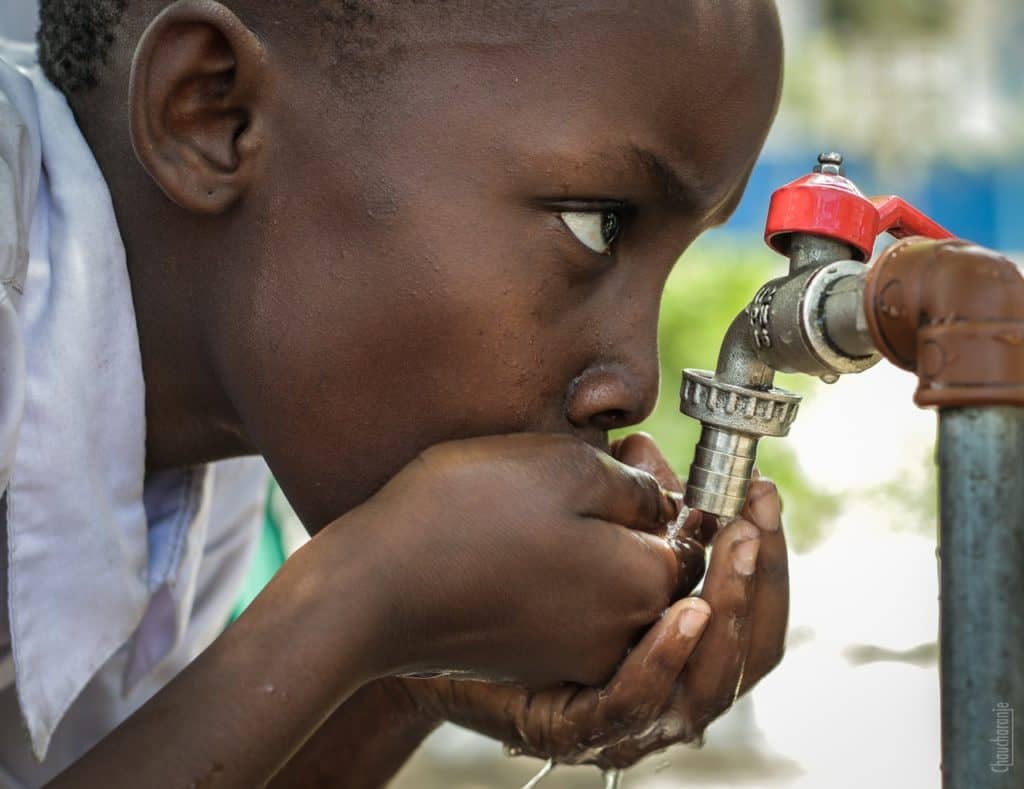Examining the right to food on Human Rights Day 2019, Dr Coretta Jonah takes the right to food a step further by examining the right to nutrition. As she explains, the absence of hunger does not mean that there is adequate nutrition for the development of our children.

Hunger violates human dignity, is an obstacle to socioeconomic and political progress and is closely linked with the attainment of other rights.
Despite the elevated position given to food, South Africa records one of the world’s highest levels of child malnutrition for a country with high economic strength; 27% of children under the age of five in South Africa are stunted.
These high levels of child malnutrition pose a threat to the health and ultimately the development of children. Health is an essential aspect for both human and community development, because ultimately, health is wealth.
As many as 13.8 million South Africans, comprising mainly of women and children fall below the national food poverty line. The latest report by Statistics South Africa indicates that 12.2% of persons in the country face the threat of hunger.
Hunger violates human dignity, is an obstacle to socioeconomic and political progress and is closely linked with the attainment of other rights. High levels of poverty and vast inequalities in South Africa makes it difficult for many citizens access food. Economic empowerment of the most vulnerable populations is critical for eliminating hunger. The consequence of inaction is that the most vulnerable members of our country; most of whom are women and children, are unable to realise this right.
Additionally, the high levels of childhood stunting, micronutrient deficiency and childhood obesity also confirm that absence of hunger does in no way imply adequate nutrition.
Enshrining a right to food does not guarantee proper nutrition.
While food provides the energy we need as humans to stay alive; nutrients offer much more than energy, precisely those elements required to function correctly.
As long as the nutrition dimension of the right to food is not expressly stated the adequacy of food provided is often left to the interpretation of providers of food.
If we want to achieve adequate nutrition, we need legislation which can be enforced. Without that, demanding action on this right is extremely difficult.
Author: Coretta Jonah (PhD) is a post-doctoral fellow at the Centre of Excellence in Food Security
related Articles
Malnutrition and hunger take hold in SA – a land of plenty...
A farm worker prunes fruit trees in The Cape, South Africa. Credits: World Bank via Flickr CC BY-NC-ND 2.0. Despite…
“We have to mobilise around the right to food”
Photo Kamaji Ogino/Pexels. The need to mobilise around the right to food (RTF) was one of the key messages from…
Breede River Municipality hosts unique food security learning journey
“During two sunny winter days in early May, the Breede River Municipality (BVM) hosted a ‘learning journey’, an innovative…



